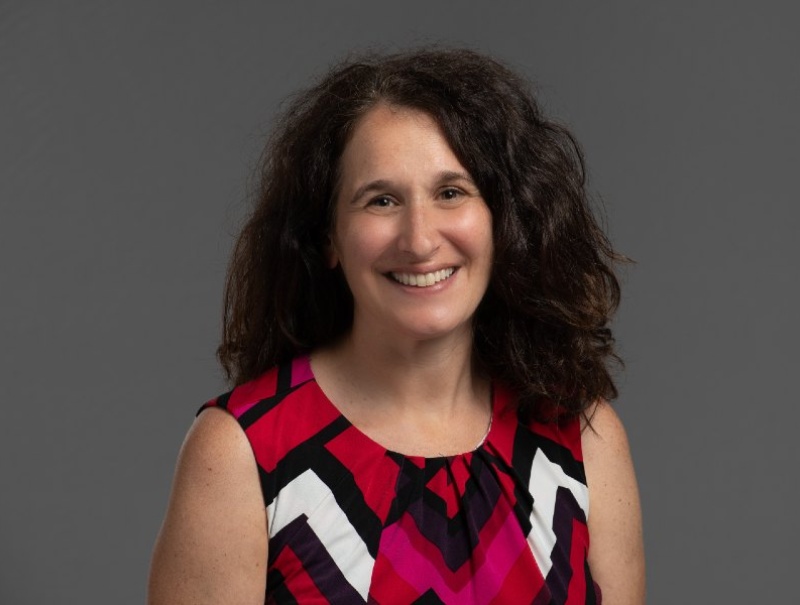Associate Professor, Department of Psychiatry and Behavioral Sciences

Rush Medical College
Associate Professor, Department of Psychiatry and Behavioral Sciences
Faculty, RUSH NeuroBehavioral Center
